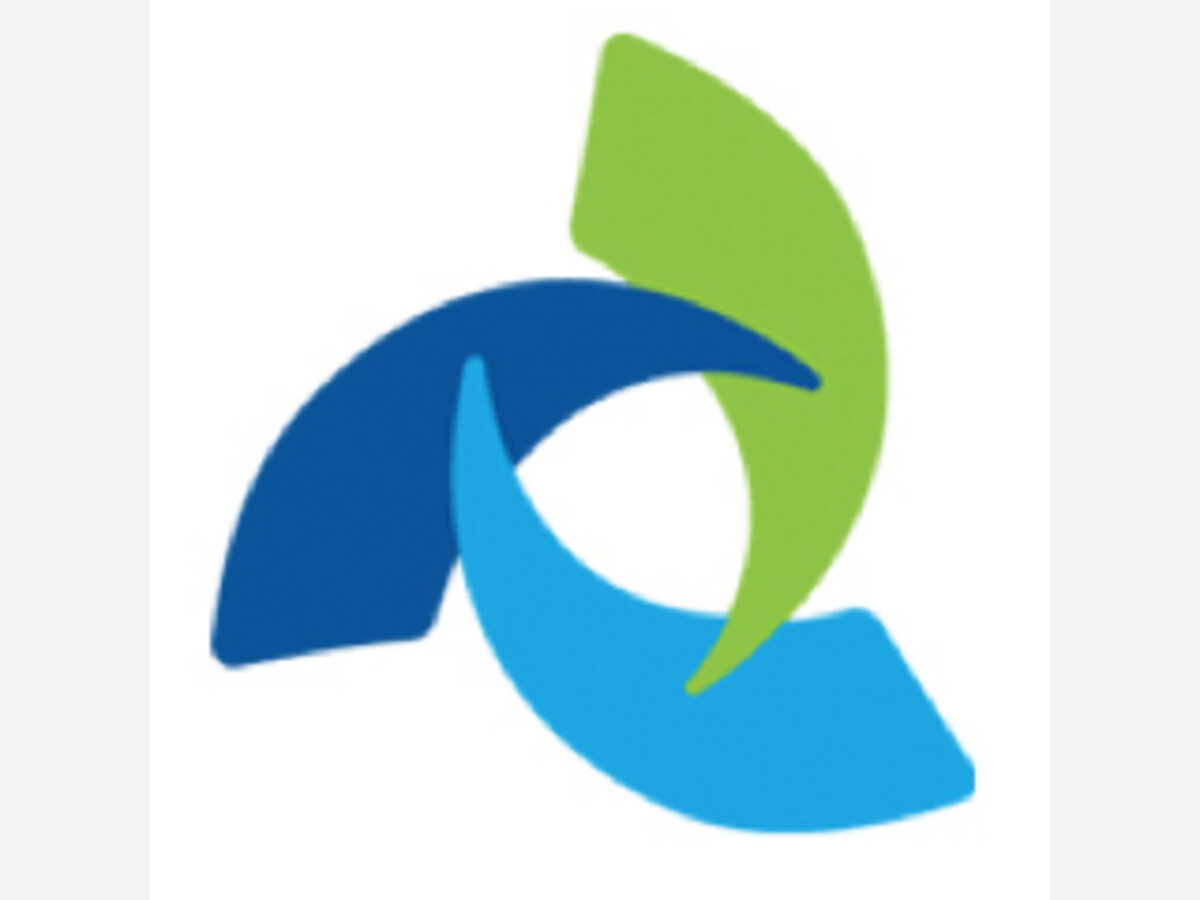Image


LEHIGH VALLEY, Pa. (Nov. 25, 2024) — Lehigh Valley Topper Cancer Institute, now proudly part of the NCI Designated Sidney Kimmel Comprehensive Cancer Center at Jefferson Health, has announced that it is now offering treatment using autologous chimeric antigen receptor (CAR) T cells. Sometimes referred to as “a living drug,” CAR-T is part of the explosion of cell and gene therapies within the last decade that have significantly transformed the treatment of cancer. A generous donation from local residents Tom and Karin Hall brought the therapy to the Lehigh Valley.
The program will be overseen by Usama Gergis, MD, MBA, Director of Stem Cell Transplant and Cellular Therapy (TCT) and Professor of Oncology at the Sidney Kimmel Medical College at Thomas Jefferson University, Philadelphia. "It is a great honor to lead the Chimeric Antigen Receptor (CAR) T-cell Therapy program, which will revolutionize cancer treatment in our region and improve the lives of countless patients," Dr. Gergis says.
Approval to offer this leading-edge therapy came after months of rigorous efforts to make sure the facility, equipment, specialists and staff were in place according to the U.S. Food and Drug Administration, Pennsylvania Department of Health and the Cancer Institute’s first pharmaceutical collaborator, Kite. Lehigh Valley Health Network (LVHN) is the 150th site in the United States to be activated as an Authorized Treatment Center with Kite.
“The fact that we can offer CAR-T therapy is a testament to our ability, infrastructure and staff,” says hematologist oncologist Mohammad Kazemi, MD, with the Cancer Institute and LVH Hematology Oncology. “Having it available in the Lehigh Valley is a huge step and a great benefit to patients. It means they get treated quicker, can maintain relationships they have with their local clinicians and avoid the logistics of receiving treatment hours away from their families.”
What is CAR-T and who can benefit?
CAR-T treatment involves extracting T cells, which are those that defend the body against cancer, from a patient’s blood. They are sent to a lab, where a protein called chimeric antigen receptor (CAR) is inserted on their surface. This protein acts like a navigation system that helps the T cells track down and kill cancer cells. These altered T cells – now called CAR-T cells – are multiplied in the lab and reinfused into the patient’s bloodstream.
Two CAR-T products from Kite are currently available at the Cancer Institute for eligible patients:
TECARTUS® (brexucabtagene autoleucel) is indicated for:
YESCARTA® (axicabtagene ciloleucel) is used to treat two types of non-Hodgkin lymphoma:
Preparation and side effects
Prior to receiving CAR-T therapy, potential patients will undergo a complete workup to ensure the tolerability of this treatment. If no problems are found and the CAR-T process is started, patients may receive “bridging therapy,” using chemotherapy or radiation. This is to keep the cancer under control while the T cells are being engineered. In this case, patients receive chemotherapy for three days followed by the infusion of CAR-T cells.
Patients are usually admitted to the hospital – from several days up to two weeks – so they can be monitored for any side effects. One possible side effect is cytokine release syndrome (CRS), a condition caused by the immune system responding too aggressively to CAR-T cells. CRS symptoms include fever, nausea, fatigue and body aches. Prompt treatment is essential, and specialists manage it with medications.
CAR-T now and in the future
At the Cancer Institute, there is great optimism for CAR-T therapy based on data that shows durable remissions and high response rates in 50-70 percent of those treated. “It can cure the diseases in a large subset of patients that otherwise wouldn’t have options,” says hematologist oncologist Zachary Wolfe, MD, with Lehigh Valley Topper Cancer Institute and LVH Hematology Oncology.
CAR-T therapy has changed the landscape of treatment for lymphoma and multiple myeloma. “While we have approvals in hematologic malignancies, CAR-T is being looked at for conditions such as solid tumor cancers and even noncancerous conditions like autoimmune diseases,” Dr. Wolfe says. “The research is happening, and clinical trials are happening. Now that we are set up for it, we are ready and one step ahead.”
About Jefferson
Lehigh Valley Health Network is now proudly part of Jefferson Health. Nationally ranked, Jefferson, which is principally located in the greater Philadelphia region, Lehigh Valley and Northeastern Pennsylvania and southern New Jersey, is reimagining health care and higher education to create unparalleled value. Jefferson is more than 65,000 people strong, dedicated to providing the highest-quality, compassionate clinical care for patients; making our communities healthier and stronger; preparing tomorrow's professional leaders for 21st-century careers; and creating new knowledge through basic/programmatic, clinical and applied research. Thomas Jefferson University, home of Sidney Kimmel Medical College, Jefferson College of Nursing, and the Kanbar College of Design, Engineering and Commerce, dates back to 1824 and today comprises 10 colleges and three schools offering 200+ undergraduate and graduate programs to more than 8,300 students. Jefferson Health, nationally ranked as one of the top 15 not-for-profit health care systems in the country and the largest provider in the Philadelphia and Lehigh Valley areas, serves patients through millions of encounters each year at 32 hospitals and more than 700 outpatient and urgent care locations throughout the region. Jefferson Health Plans is a not-for-profit managed health care organization providing a broad range of health coverage options in Pennsylvania and New Jersey for more than 35 years.